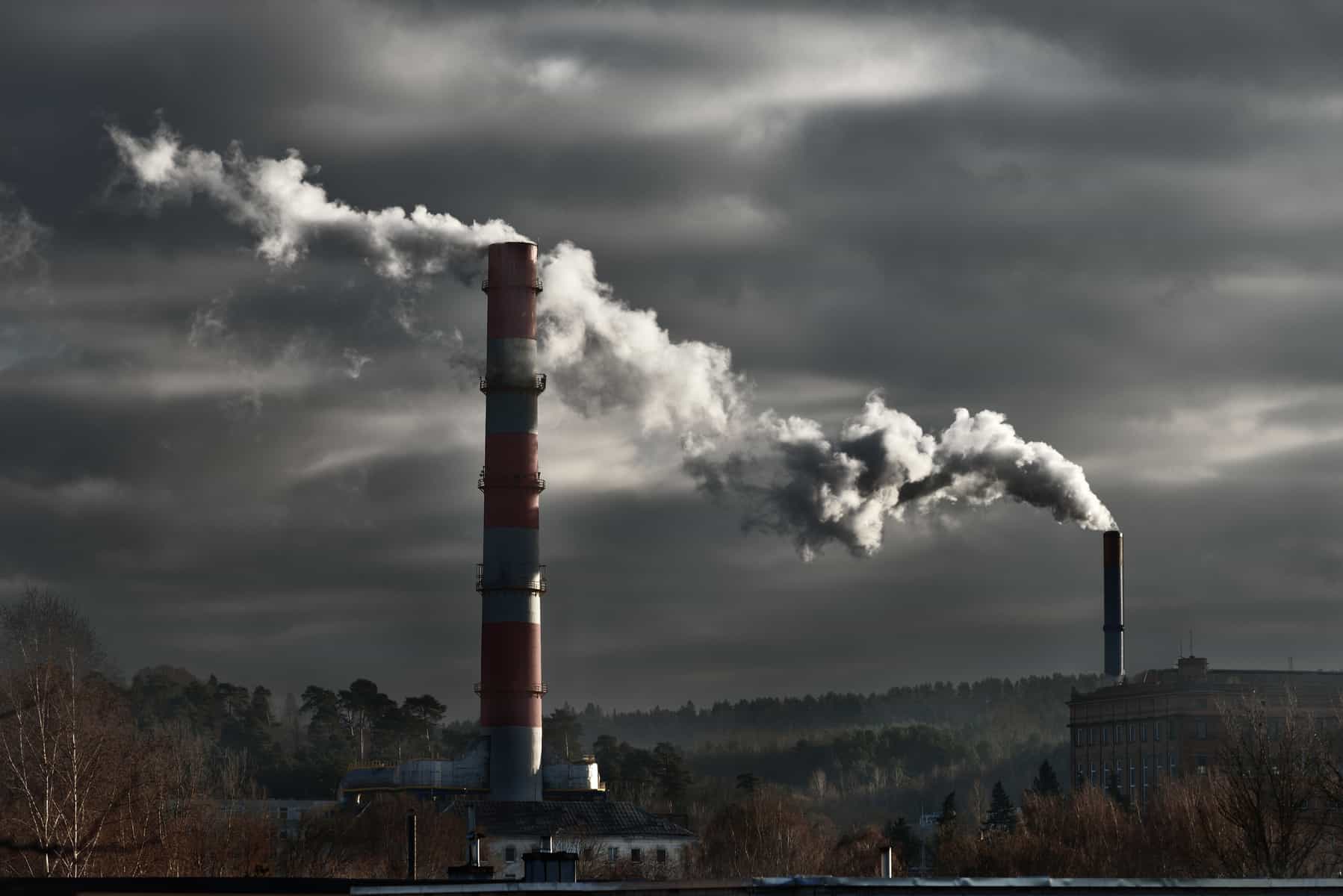
To date, most clean energy standards focus on emissions from power plant smokestacks and automobile tailpipes. These policies set standards in terms of grams, pounds, or tons of emissions per megawatt-hour (MWh) of electricity generated. For automobiles, recent fuel economy standards derive miles per gallon requirements from underlying assessments of grams of carbon dioxide emitted per mile traveled. (European standards track grams of emissions or liters of fuel consumed per kilometer traveled)
To comply with the regulations, power plant smokestacks switch to cleaner fuels, invest in more efficient components, or employ sophisticated scrubbers to remove pollutants such as nitrogen oxides and sulfur oxides. Power plants fueled by nuclear energy, solar energy, and wind turbines meet the standards without scrubbing. As new regulations for mercury, particulate matter, and carbon dioxide are implemented, conventional plants will require additional scrubbers.
One policy option is to develop a new clean energy standard that incorporates water consumption as well as emissions. Such a policy would be relevant because scrubbers and cooling systems require large quantities of water. Therefore, stricter air emissions standards can unintentionally increase water intensity. In this instance, one environmental objective, cleaner air, conflicts with another environmental objective, reduced water use. Developing a new clean energy standard that incorporates water consumption as well as air emissions will help mitigate this problem by requiring a new carbon-clean and water-lean plant design.
Image Credits: Aleksey Stemmer/Shutterstock.com.
Update your browser to view this website correctly.Update my browser now